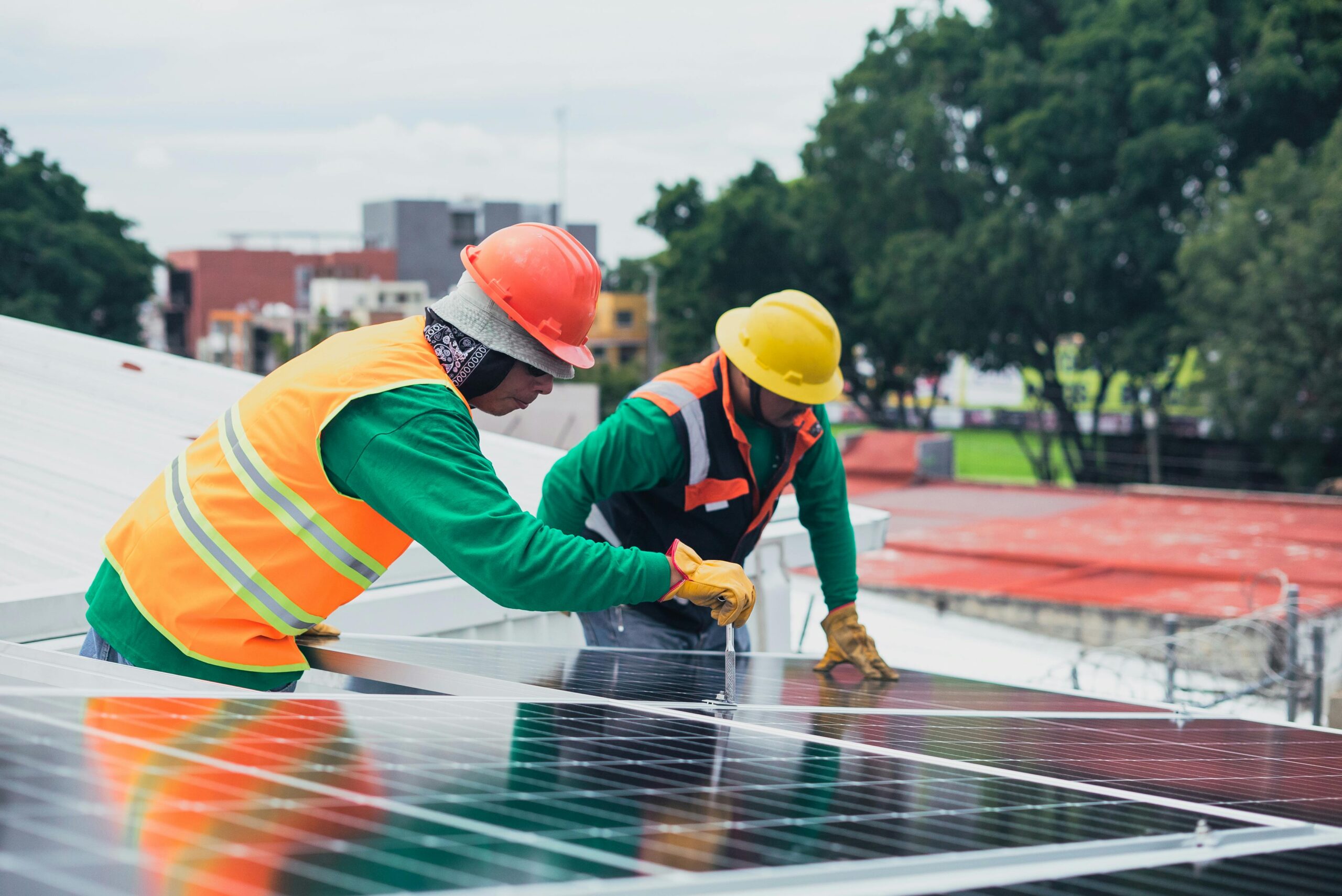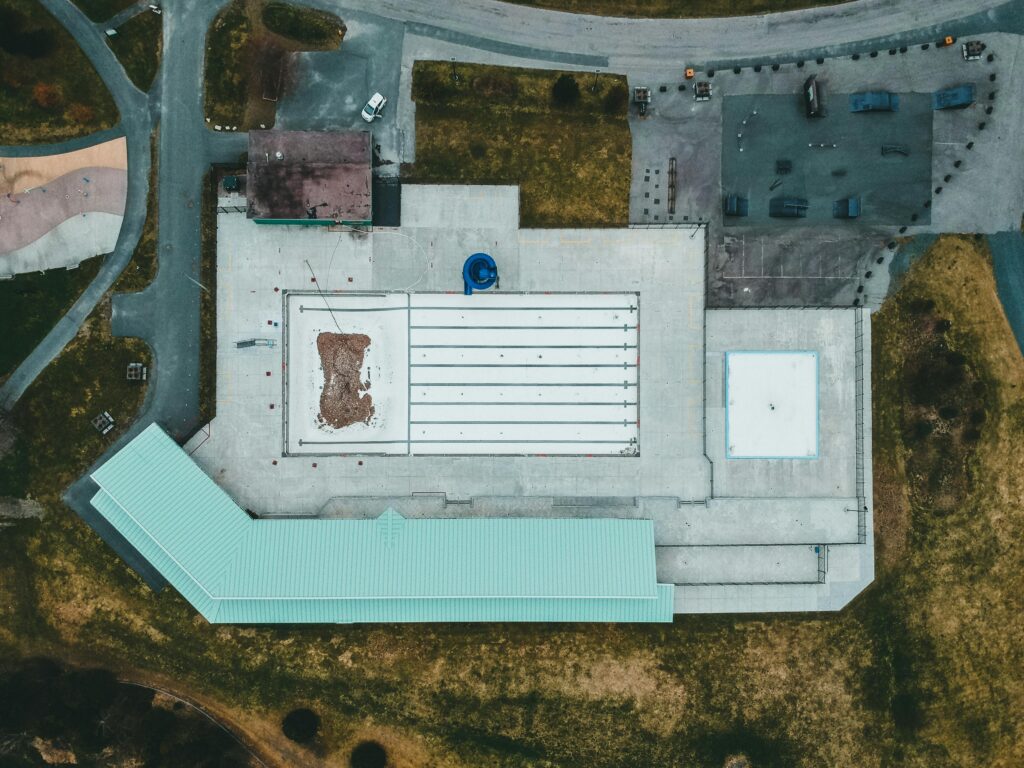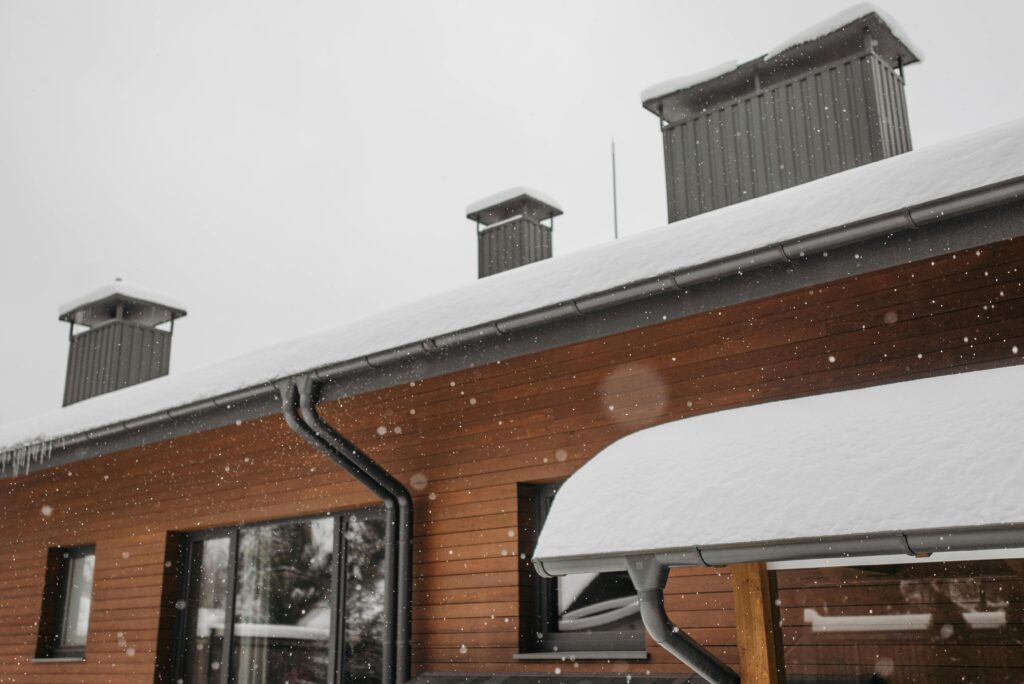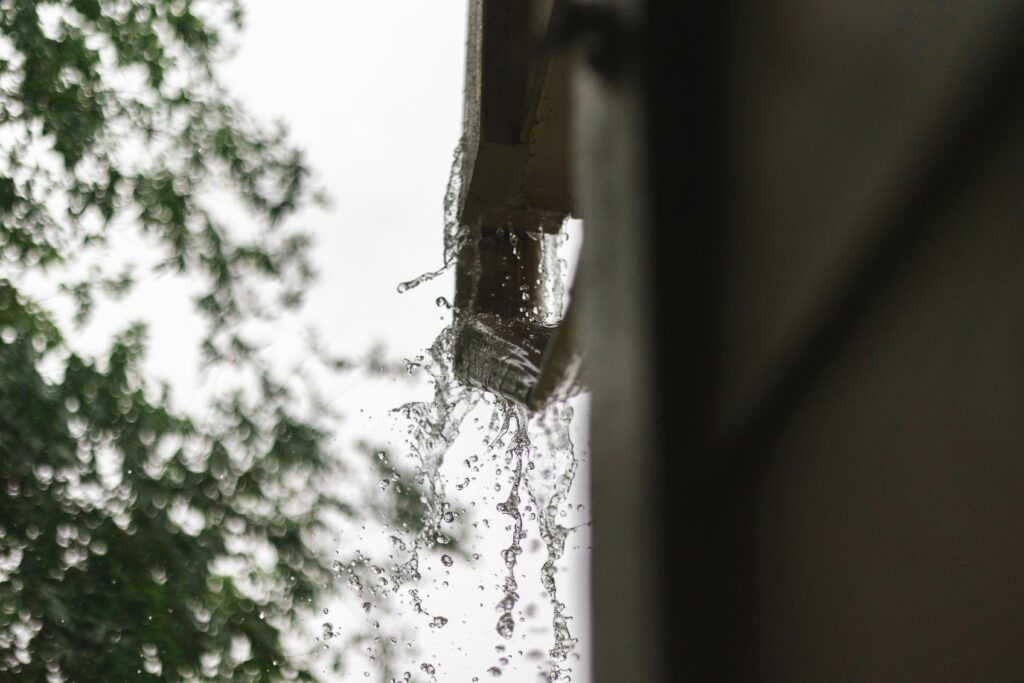Switching to solar energy can be a smart move for your industrial property. With the ability to generate your own power, dramatically reduce energy costs, and create a sustainable future, solar is empowering industrial businesses to boost efficiency.
There are a few critical factors to consider when installing solar panels for your industrial property. From the different types of panels to inverter and mounting options, here’s your guide to going solar as an industrial business.
Understanding Industrial Solar Panels and Their Components
Industrial properties have the same types of panels to choose from as residential ones–monocrystalline, polycrystalline, and thin-film panels–however, these large buildings often need larger panels with more wattage to meet their energy needs.
Beyond the photovoltaic cells that convert sunlight into electricity, industrial solar panels consist of additional components necessary for efficient operation, such as robust inverters, proper mounting and racking equipment, and specific wiring.
Exploring Different Types of Inverters
The real magic happens when inverters convert raw solar power into usable AC electricity.
Inverter technology has seen remarkable advancements in terms of efficiency and dependability. The choice between a string inverter, microinverter, or string inverter with a power optimizer (which is a type of hybrid inverter between a string and microinverter) depends on your specific needs and site conditions, as each has its respective pros and cons.
For example, while string inverters are the most cost-effective, microinverters allow industrial properties to produce as much energy as possible. For some industrial properties, a string inverter with a power optimizer may be a good compromise between the two.
Mounting Systems for Industrial Solar Panels
Beyond conversion, industrial properties need robust mounting systems to secure the industrial solar panel units against harsh weather conditions while optimizing sun exposure. Your industrial roofer will help you choose the right equipment to protect your panels and maximize your investment.
For example, rooftop installation is generally easiest for industrial properties and often doesn’t require altering the existing roof system. Your roofer can help you decide between a ballasted mount system, an anchor mount system, or a hybrid mount to ensure the utmost security and efficiency.
Click to Tweet
Benefits and Cost Savings of Industrial Solar Panels
Industrial solar panels are a great option if you’re seeking to lower your energy expenses. Not only do they generate electricity for industrial properties, but they also offer significant cost savings on energy bills.
Net Metering, Tax Credits, and Rebates
Many solar business systems use a method called net metering, which can contribute further to these financial benefits. This system allows businesses with solar panels to send unused power back into the grid, reducing utility rates even more.
Federal tax credits are another perk that comes along with industrial solar installation. The federal government provides a tax credit for any commercial entity that installs solar energy systems on their property, which means more savings come tax season.
When combined with other rebates and incentives available from local governments and utility companies, it’s possible for businesses using net metering to recoup their initial investment faster than anticipated.
Click to Tweet
Installation and Maintenance of Industrial Solar Panels
Industrial solar panel installation is generally simpler than residential installation but may take longer due to its scale.
A detailed structural engineering analysis will be performed before mounting systems are set up for optimal energy production. The goal here is not just about producing electricity but ensuring it’s efficiently fed into the power grid.
This efficient integration also helps with consistent maintenance. You need to monitor panel health and connection quality regularly to ensure optimal performance, providing maximum cost savings on energy costs over time.
Another handy tip for maintaining industrial solar panels includes regular cleaning, as dirt and debris can affect power output. Your industrial roofer can help you set up regular cleaning and maintenance to ensure optimal energy output for your panels.
Click to Tweet
Environmental Impact and Sustainability of Industrial Solar Panels
Industrial properties can play a significant role in combating climate change by utilizing the sun’s rays to produce clean, renewable energy instead of relying on fossil fuels, which generate harmful greenhouse gas emissions.
Solar systems help reduce carbon emissions and slash energy costs, making it a win-win situation for all involved parties. And since industrial solar panels have the potential to last up to 20 years or longer, you won’t have to worry about frequent panel replacement to keep producing clean energy.
A typical solar panel system can minimize your business’s carbon footprint and enhance your reputation by showing stakeholders, customers, and partners that you are committed to renewable energy and reducing your environmental impact.
Click to Tweet
Comparing Industrial Solar Panels With Residential Systems
When it comes to solar power, size and efficiency are the two major factors that distinguish industrial from residential systems. Since solar panels use photovoltaic cells to convert sunlight into power, industrial panels tend to have more cells than residential ones and more wattage due to greater power needs.
As we’ve seen, industrial properties have similar types of panels and inverter types to choose from as residential properties, but it’s essential to take your property’s unique requirements into account when deciding on the best system.
Besides just performance specs, there’s also installation time and aesthetics to consider. Commercial projects often take longer due to scale but offer more flexibility in terms of design.
So, while both residential and industrial solar systems will produce power, industrial solar panels are typically larger, have more wattage, and have different installation requirements to meet the needs of larger properties that use more energy.
Click to Tweet
FAQs About Industrial Solar Panels
Which solar panels are best for industrial use?
Monocrystalline and polycrystalline panels are generally best for industrial use, but you may be able to consider thin-film solar panels depending on your needs.
Can solar panels be used for industrial use?
Absolutely. Industrial businesses can harness the sun’s power to cut energy costs and minimize their carbon footprint.
How much energy can industrial solar panels produce?
The amount of energy produced varies based on factors like panel size and sunlight exposure, but industrial systems often generate significant amounts of power due to panel size, number, and wattage.
What is an industrial solar panel?
An industrial solar panel is a large-scale photovoltaic system designed to supply electricity in commercial quantities by converting sunlight into usable power.
Learn More About Industrial Solar Panels for Your Roof
Contact CDS Roofing today to discuss your solar potential with industrial solar panels for your roof. We are your local industrial roofer in Charlotte with decades of experience in commercial and industrial roofing. Book a free consultation and estimate today!



